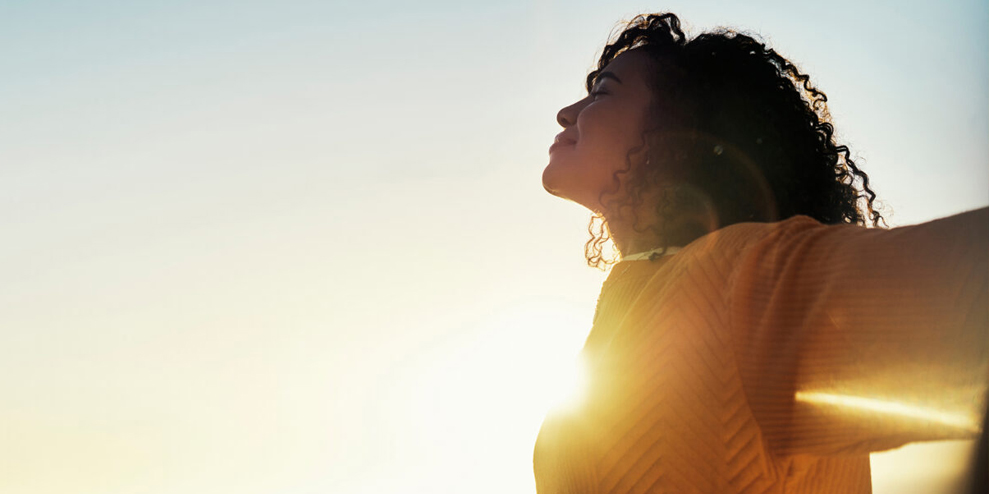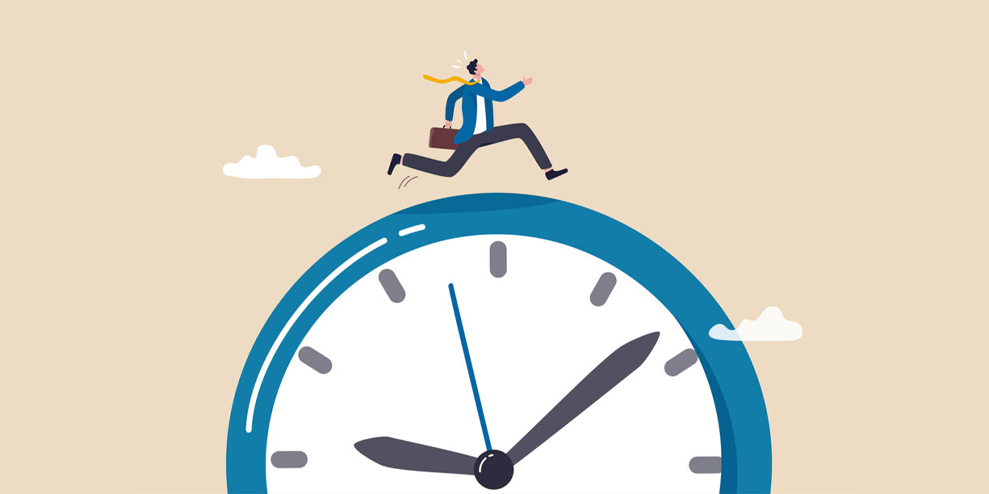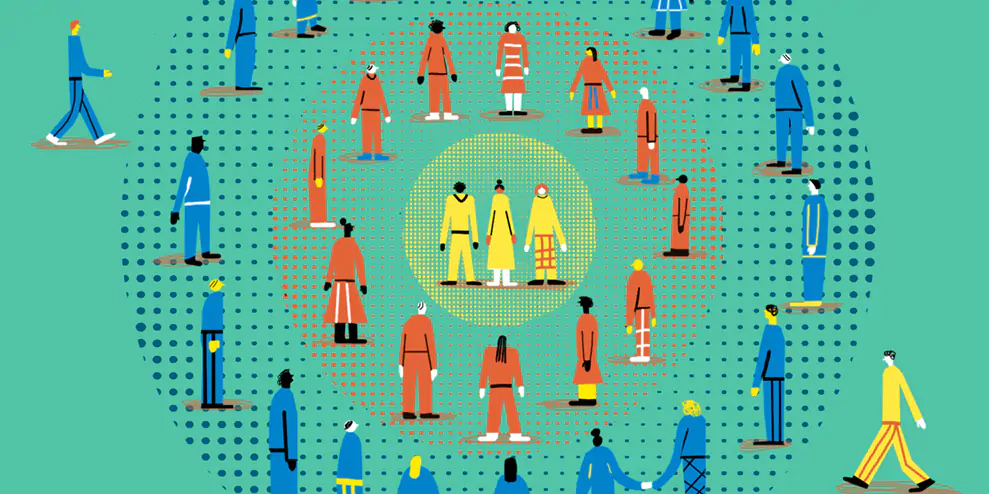Guy Ritchie’s live-action “Aladdin” goes to great lengths not to insult the culture it’s depicting. The result is a bland missed opportunity.
It comes as no surprise that Aladdin is among the string of live-action updates that Disney is making to its animated films. The original 1992 movie grossed $500 million around the world and was a key part of the Disney renaissance of the 1990s, released between Beauty and the Beast and The Lion King. Despite its colossal success, the film did come under fire for its negative stereotypes of the Arab world and its choice to cast not a single actor of Middle Eastern descent for the lead voice roles. The remake, then, offers a chance for Disney to correct some of those past mistakes and present an Aladdin for this era—in addition, of course, to reeling in a new generation of young fans.
So what were some of those creative choices from the original Aladdinthat come off as cringeworthy today? The first—and most controversial—came right in the opening credits. “Arabian Nights” described the fictional city of Agrabah as a place “where they cut off your ear when they don’t like your face/It’s barbaric, but hey! It’s home.” After the American-Arab Anti-Discrimination Committee decried the lyrics as racist, they were changed to “where it’s flat and immense and the heat is intense/It’s barbaric, but hey! It’s home” for the home video release. Still, when Jasmine takes food from a market stall to feed some hungry children, a merchant grabs her by the wrist and threatens to cut off her hand for stealing. The film also makes a stark delineation between characters with thicker accents, darker skin tones, and beards (villains or garden-variety, low-born boors) and those with good ole American accents and more traditional European features (the protagonists).
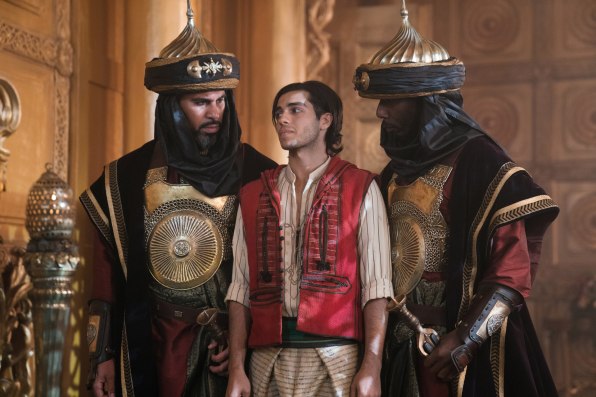
Going into the new film, which was directed by Guy Ritchie with a script he cowrote with John August, I didn’t have high expectations. The trailers were lackluster, the sets looked like sets, and Will Smith’s Genie looked, well, preposterous. In reality, the film is no disaster. It’s . . . fine. The charismatic group of lead actors are refreshingly diverse—they’re Egyptian, Indian-British, Tunisian, Iranian, Iranian-American, and African-American—and offer a stark contrast to the white-washed original cast. That said, I was disappointed that the film made no real efforts to delve deeper into the culture it is purporting to portray.New Aladdin is almost a scene-for-scene copy of the original. Ritchie’s vision, it appears, was to merely re-create the animated world from 1992 via modern technology, without reinterpreting the story in larger ways. Sure, background characters can be heard saying “Yallah” (Arabic for “come on,” “come here,” or “hurry”), and the guards chasing Aladdin (Mena Massoud) speak Arabic to each other. But this injection of language plays as mere filler. Instead of clichéd, surface-deep scenes of bustling souks and a parade of elaborate headdresses, I was hoping for more intimate scenes that showed everyday life in the Middle East—a meal inside a family home, for instance. Even the souk merchants largely function as set dressing whose interaction with Jasmine and Aladdin is minimal. It’s as if Disney was so afraid of perpetuating the same cultural stereotypes it has been chastised for in the past that it opted for bland safety over vivid characterization. There’s very little on screen, beyond the lush color of the elaborate sets and costumes, that gives us the sense that we’ve been transported to an Arabian kingdom. Call it pseudo-Arabia.
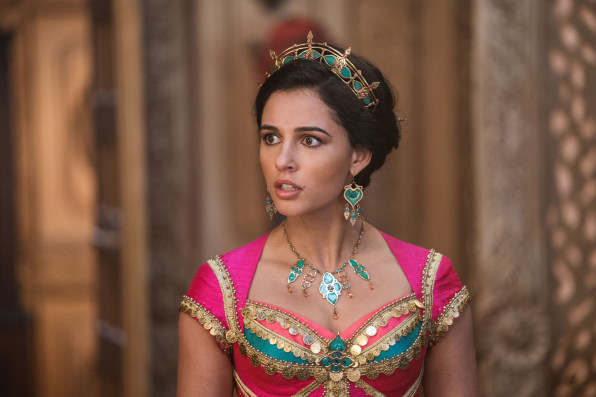
Jasmine is an interesting case of what could have been. As portrayed by Naomi Scott, the new princess has more modern qualities than her predecessor (who was herself no shrinking violet). Here, Jasmine’s focus is not only to marry for love but to succeed her aging father (Navid Negahban) as Sultan of Agrabah. She rejects suitors who try to woo her with material wealth, refuses to be treated as an object, and weighs in on political discussions. When she sings a new song, “Speechless,” she asserts her personhood and reflects on her ambitions, which run squarely against tradition and have never been attempted in the history of the kingdom. In the end, Jasmine does becomes the first female Sultan of Agrabah and changes the marriage law so that she can marry whoever she wants. (In the 1992 version, Jasmine convinced her father, who remains Sultan, to enact the change.)All of these choices are welcome updates—and even led me to hope that the movie would end not with wedding vows but with the gates shutting beyond Aladdin and Abu as they leave the palace for good and Jasmine forges ahead as an aspiring leader. But of course not. She and Aladdin get married. Even allowing that we’re fully entrenched in the Disneyverse here, the allegiance to the marriage plot still felt disappointingly regressive to me, inconsistent with the independent heroine with more on her mind than Prince Charming. Not that she can’t be a powerful ruler and marry a swell guy, but still, I would have been much more satisfied seeing Jasmine and Aladdin live happily ever after as friends.
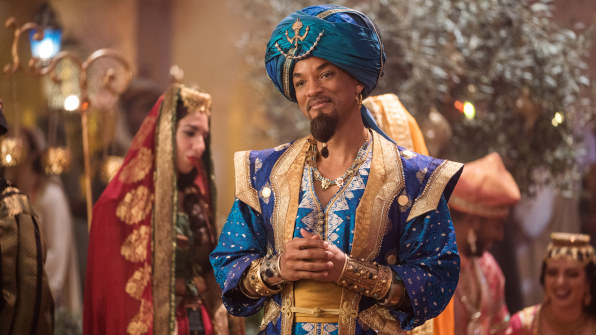
Marriage also marks the conclusion for Will Smith’s Genie, who ties the knot with Jasmine’s handmaiden Dalia (Nasim Pedrad) in a subplot that feels oddly arbitrary. As much as it’s impossible to watch Smith’s Genie without comparing him to Robin Williams’s shape-shifting, motor-mouthed blue blob from 1992—one of the most celebrated voice performances in animation history—Smith brings his natural charisma to the role as best his can, given that most of the physical comedy is CG-driven. I have to say, though, that I felt at times uncomfortable watching an African-American actor play a character whose dream to be freed from (magical) servitude depends on the whims of a (benevolent) master.
Twenty-seven years ago, Aladdin famously promised Jasmine “a whole new world,” a place that was “shining, shimmering, splendid.” The remake delivers on the latter. But “a new fantastic point of view?”
–
This article first appeared in www.fastcompany.com
Seeking to build and grow your brand using the force of consumer insight, strategic foresight, creative disruption and technology prowess? Talk to us at +9714 3867728 or mail: info@groupisd.com or visit www.groupisd.com


